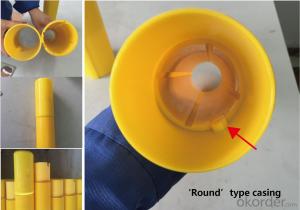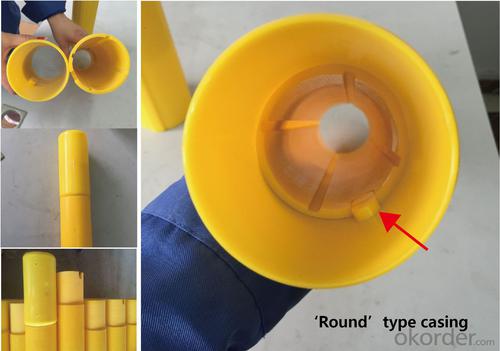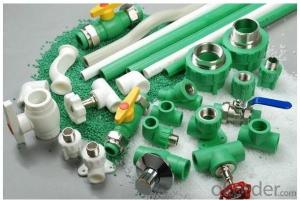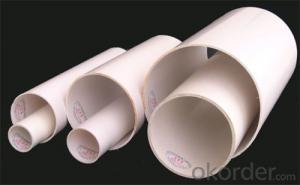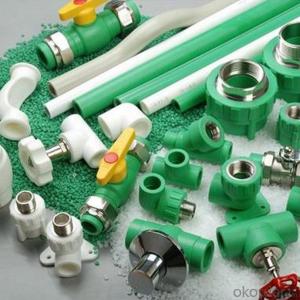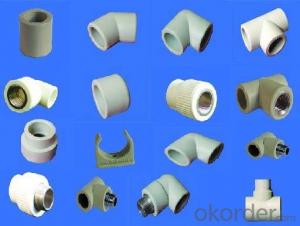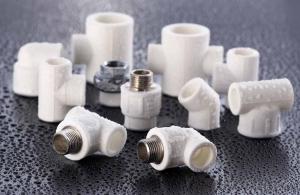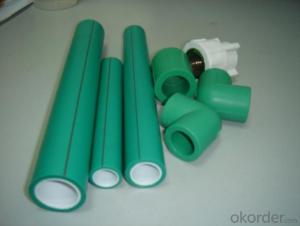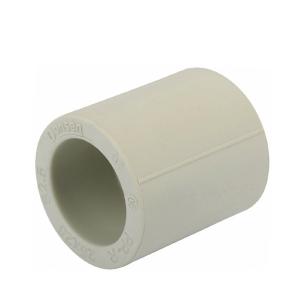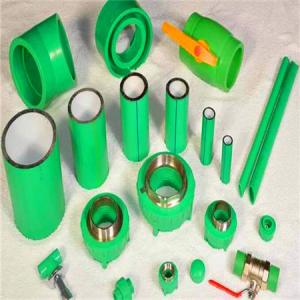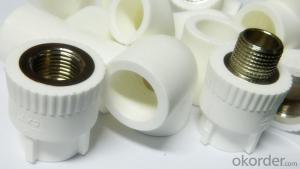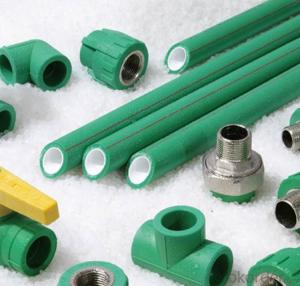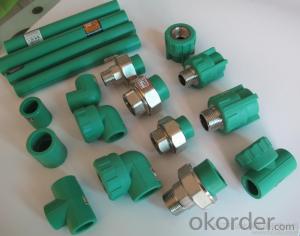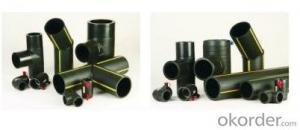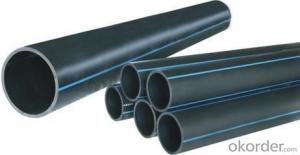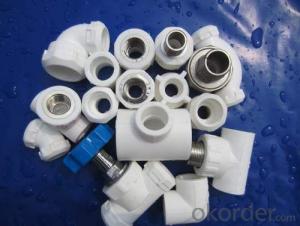ABS inclinometer casing, inclinometer pipe, pipe casing OD 60 70 85mm
- Loading Port:
- Ningbo
- Payment Terms:
- TT OR LC
- Min Order Qty:
- 500 m
- Supply Capability:
- 100000 m/month
OKorder Service Pledge
OKorder Financial Service
You Might Also Like
Specification
Specifications
The ABS inclinometer casing model is used in conjunction with all available inclinometer probes to monitor the stability of slope areas, excavation walls and so on.
Casings are manufactured from high quality ABS material to exacting quality control standards.
Each casing length is 3meters, 2m , 4m and other customized length also can be available.
Three size Outer Diameter 60mm, OD70mm, OD85mm are available now.
Casing is proven excellent result at soft ground monitoring projects.
PVC, ABS and aluminum material can be available, U type and round type can be optional.
Strong and resistant to corrosion, don't miss it with your project requirements.
Application
Monitoring lateral ground movement in land slide areas
Measuring stability during site excavation
Detecting the shear planes in earth fill dams
Deflection of retaining walls and piles under heavy loads
Measuring sub-soil movements in reclamation and sub-soil improvement Sites
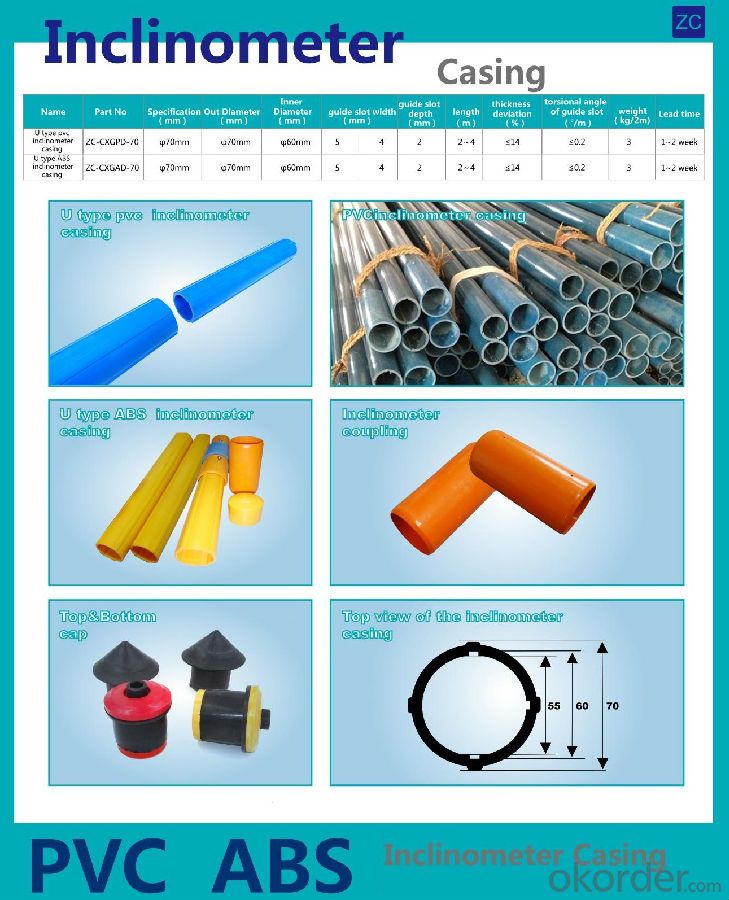
Package
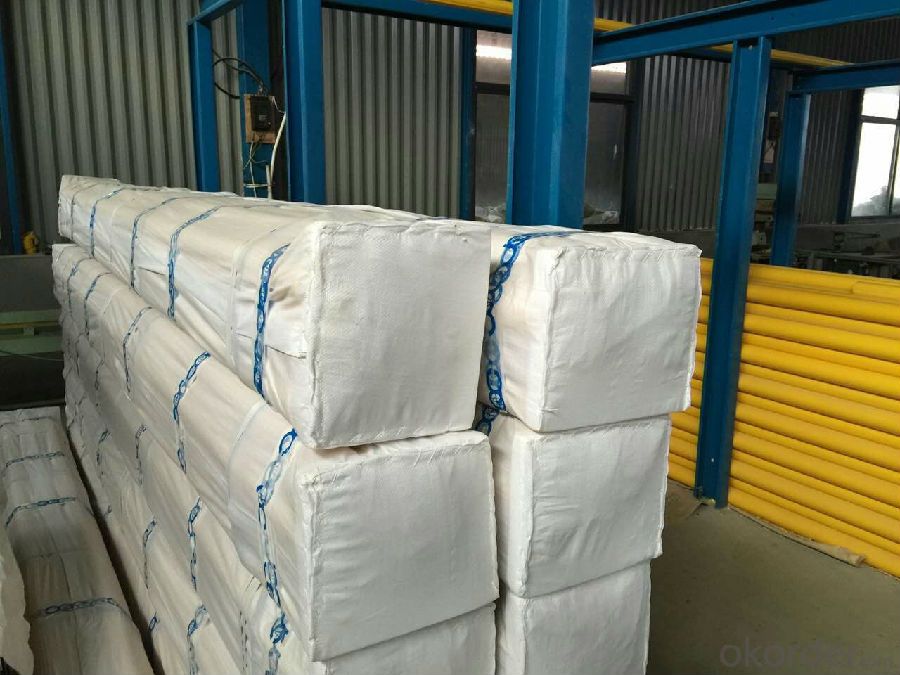
Other package can be also available, will be depended on customer's detailed requirements.
- Q: Can plastic pipe fittings be used for solar thermal systems?
- Yes, plastic pipe fittings can be used for solar thermal systems. Plastic pipe fittings, specifically those made from materials such as PVC or CPVC, are commonly used in solar thermal systems due to their durability, corrosion resistance, and affordability. These fittings can effectively handle the temperature and pressure requirements of solar thermal systems, making them a suitable choice for connecting and directing the flow of water or heat transfer fluids in such systems.
- Q: Are plastic pipe fittings suitable for both residential and industrial applications?
- Yes, plastic pipe fittings are suitable for both residential and industrial applications. They are lightweight, durable, and cost-effective, making them a popular choice for various plumbing systems in both settings. Plastic fittings are resistant to corrosion, easy to install, and can effectively handle different types of fluids and pressures, making them versatile for various applications.
- Q: How do plastic pipe fittings compare to CPVC fittings?
- Plastic pipe fittings and CPVC fittings have their own advantages and considerations. Plastic pipe fittings, made from various types of plastic such as PVC or ABS, are generally cheaper, easier to install, and resistant to corrosion. However, they may not be suitable for high-temperature applications or where chemical resistance is crucial. On the other hand, CPVC fittings, made from chlorinated polyvinyl chloride, offer increased heat resistance and chemical compatibility, making them suitable for hot water systems and industrial applications. Ultimately, the choice between plastic pipe fittings and CPVC fittings depends on the specific needs and requirements of the project.
- Q: Can plastic pipe fittings be used for fuel storage systems?
- No, plastic pipe fittings should not be used for fuel storage systems as they are not designed to handle the flammable and corrosive nature of fuels. Metal fittings, specifically those made from materials resistant to corrosion and suitable for fuel storage, should be used instead.
- Q: Are plastic pipe fittings suitable for chemical transfer applications?
- Plastic pipe fittings can be suitable for chemical transfer applications depending on the specific requirements of the chemicals being transferred. It is important to consider the compatibility of the chemicals with the type of plastic material used in the fittings, as well as factors such as temperature, pressure, and the concentration of the chemicals. Consulting with a knowledgeable engineer or specialist is recommended to ensure the correct selection of plastic pipe fittings for chemical transfer applications.
- Q: How do plastic pipe fittings work?
- Plastic pipe fittings work by connecting and sealing sections of plastic pipes together to create a secure and reliable plumbing system. These fittings typically have threaded ends or are designed to be glued onto the pipes. They use various mechanisms such as compression, push-to-connect, or solvent welding to ensure a tight and leak-free connection. Plastic pipe fittings are versatile, durable, and resistant to corrosion, making them a popular choice for many plumbing applications.
- Q: Are plastic pipe fittings resistant to soil movement and settlement?
- Yes, plastic pipe fittings are generally resistant to soil movement and settlement. They have the ability to flex and adapt to minor ground shifts without causing significant damage or leaks. However, it is important to ensure proper installation and use appropriate support mechanisms to further enhance their resistance to soil movement.
- Q: Can plastic pipe fittings be used for wastewater pumping stations?
- Yes, plastic pipe fittings can be used for wastewater pumping stations. Plastic fittings, such as PVC or HDPE, are commonly used in wastewater systems due to their durability, corrosion resistance, and cost-effectiveness. These fittings are designed to withstand the harsh conditions of wastewater pumping stations and can effectively handle the flow of wastewater without any significant issues.
- Q: How do plastic pipe fittings compare to ductile iron fittings?
- Plastic pipe fittings generally offer advantages over ductile iron fittings in terms of cost, weight, and ease of installation. Plastic fittings are typically less expensive and lighter, making them more cost-effective and easier to handle during installation. Additionally, plastic fittings do not corrode like ductile iron, which can lead to longer lifespan and lower maintenance costs. However, ductile iron fittings may be preferred in certain situations where higher strength or pressure ratings are required.
- Q: Can plastic pipe fittings be used for reverse osmosis systems?
- Yes, plastic pipe fittings can be used for reverse osmosis systems.
Send your message to us
ABS inclinometer casing, inclinometer pipe, pipe casing OD 60 70 85mm
- Loading Port:
- Ningbo
- Payment Terms:
- TT OR LC
- Min Order Qty:
- 500 m
- Supply Capability:
- 100000 m/month
OKorder Service Pledge
OKorder Financial Service
Similar products
Hot products
Hot Searches
Related keywords
